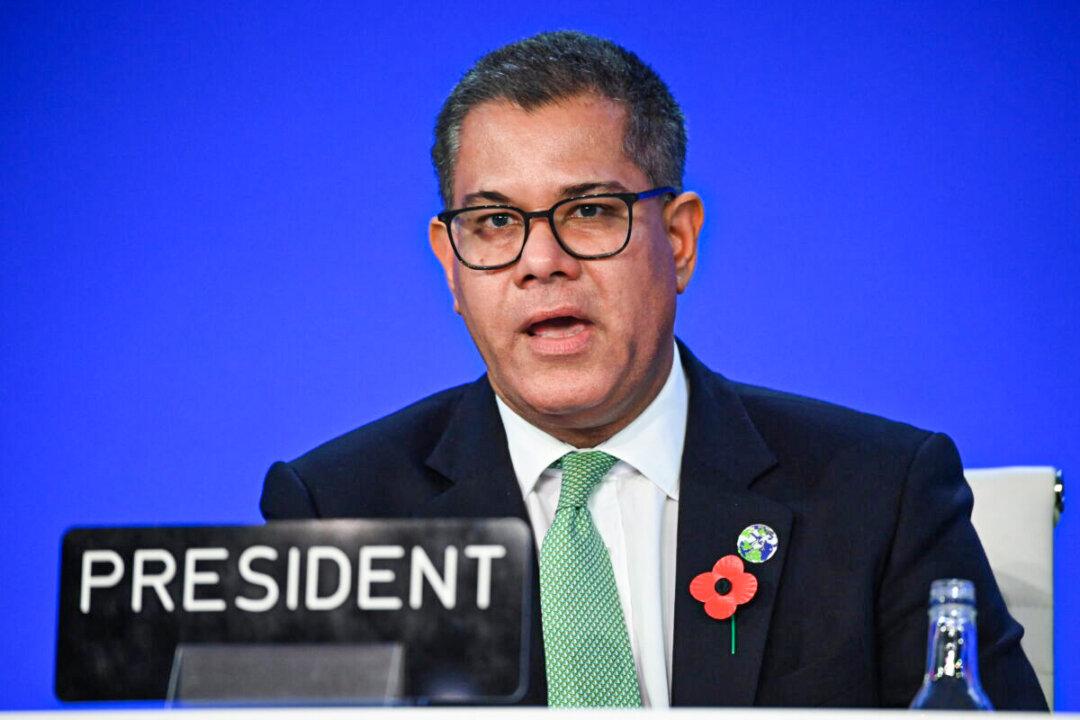Nearly 200 countries attending the COP26 climate talks in Glasgow, Scotland, agreed on a global climate deal on Nov. 13, following last-minute changes pushed by China and India that watered down language about the use of coal power.
After two weeks of talks, the 197 nations didn’t veto last-minute changes to revise the final text of the deal, named the Glasgow Climate Pact, to “phase down” rather than “phase out” unabated coal.




